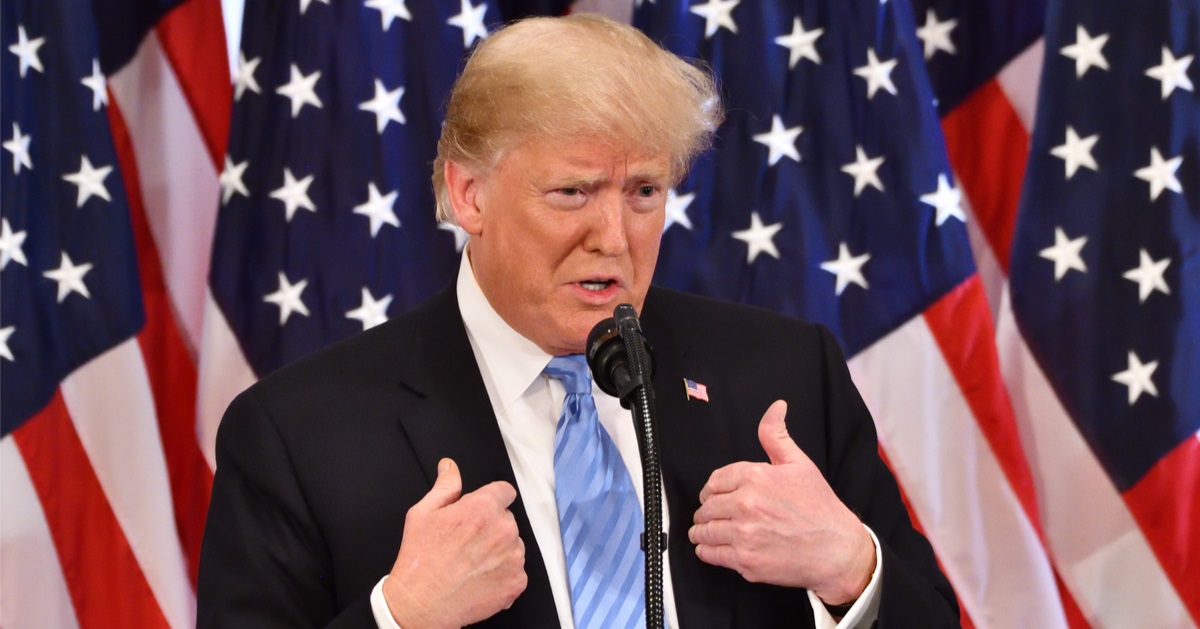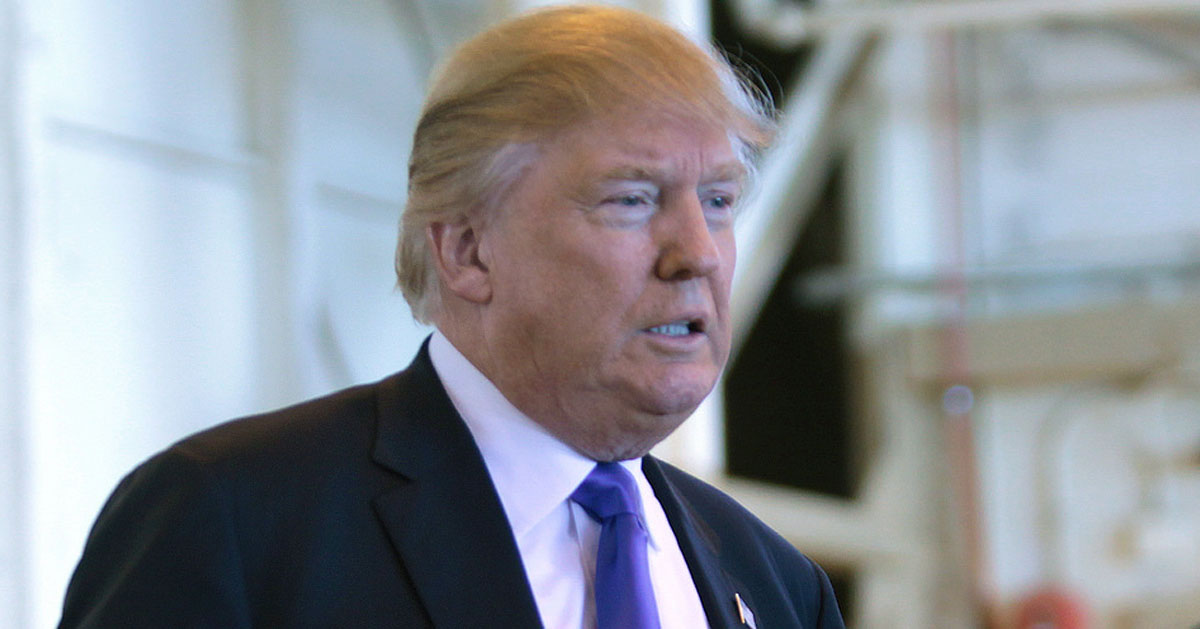Former Michigan state Supreme Court Justice Michael Cavanagh passes away at 84
Member's of Michigan's legal community were saddened this week to learn that former state Supreme Court Justice Justice Michael "Mike" Cavanagh had died.
According to the Detroit Free Press, Cavanagh passed away on Wednesday at the age of 84. He was tied with former Justice James Campbell for having the longest tenure on Michigan's highest judicial body.
Cavanagh remembered as "a compassionate, thoughtful, and loving human being"
Cavanagh is survived by his daughter, current Michigan Supreme Court Chief Justice Megan Cavanagh, and she put out a statement concerning her father's death.
"My Dad and I were very close, and I feel so fortunate to have learned so much from a leader who dedicated his life to public service," she said.
"Though, Mike Cavanagh was much more than a dedicated public servant, much more than a great judge and justice, and much more than a tremendous father, husband, and grandpa," Chief Justice Cavanagh recalled.
She went on to add that her father had "embodied what it means to be a compassionate, thoughtful, and loving human being."
Justice served on the state Supreme Court for more than three decades
A biography published by the Michigan Supreme Court Historical Society notes that Cavanagh obtained his juris doctorate in 1966 from the University of Detroit, which is now the University of Detroit Mercy.
Michael Cavanagh, one of Michigan's longest serving Supreme Court justices, dies at 84 https://t.co/qqyWeMYxZN
— Detroit Free Press (@freep) May 22, 2025
He began serving as legal counsel for the city of Lansing in 1967 and held the position for two years before going into private practice.
Cavanagh's judicial career started in 1972 when he won election to 54A District Court in Lansing. He was subsequently elected to the state Court of Appeals in 1975, holding his seat until securing a spot on the Supreme Court in 1982.
Cavanagh criticized mandatory retirement law for Supreme Court justices
While Cavanagh stepped down from the state Supreme Court in 2014 due to his having reached the mandatory retirement age of 70, he nevertheless expressed a desire to run for another term.
"I might say it's bad public policy," Cavanagh was quoted as saying of the statutory age limit during a 2014 interview with the Free Press.
"Some people probably aren't fit to serve before they hit 70, but a great number have, I think, a lot to continue to contribute after that age. So I think it would have to be determined on an individual basis," he asserted.





